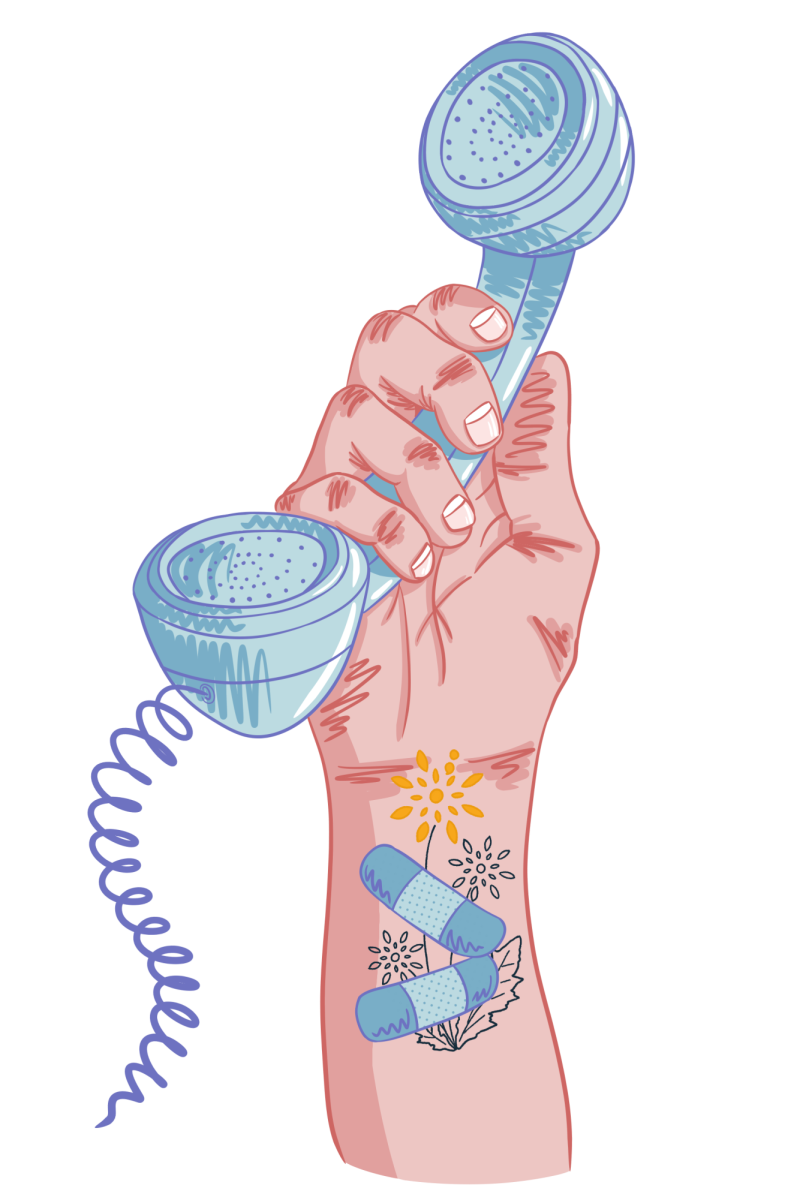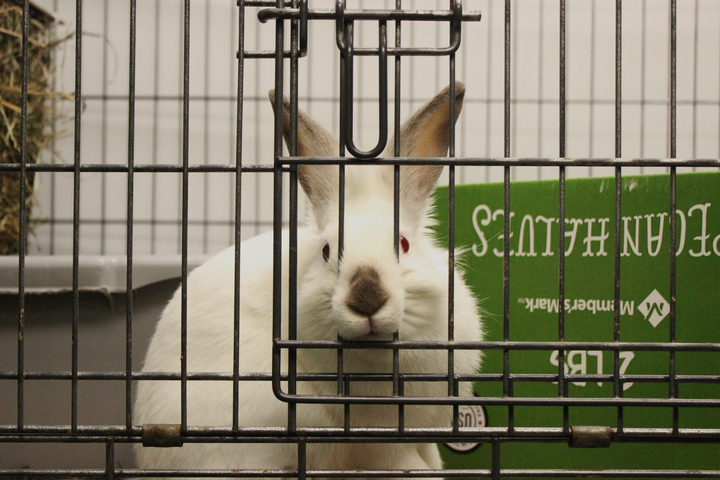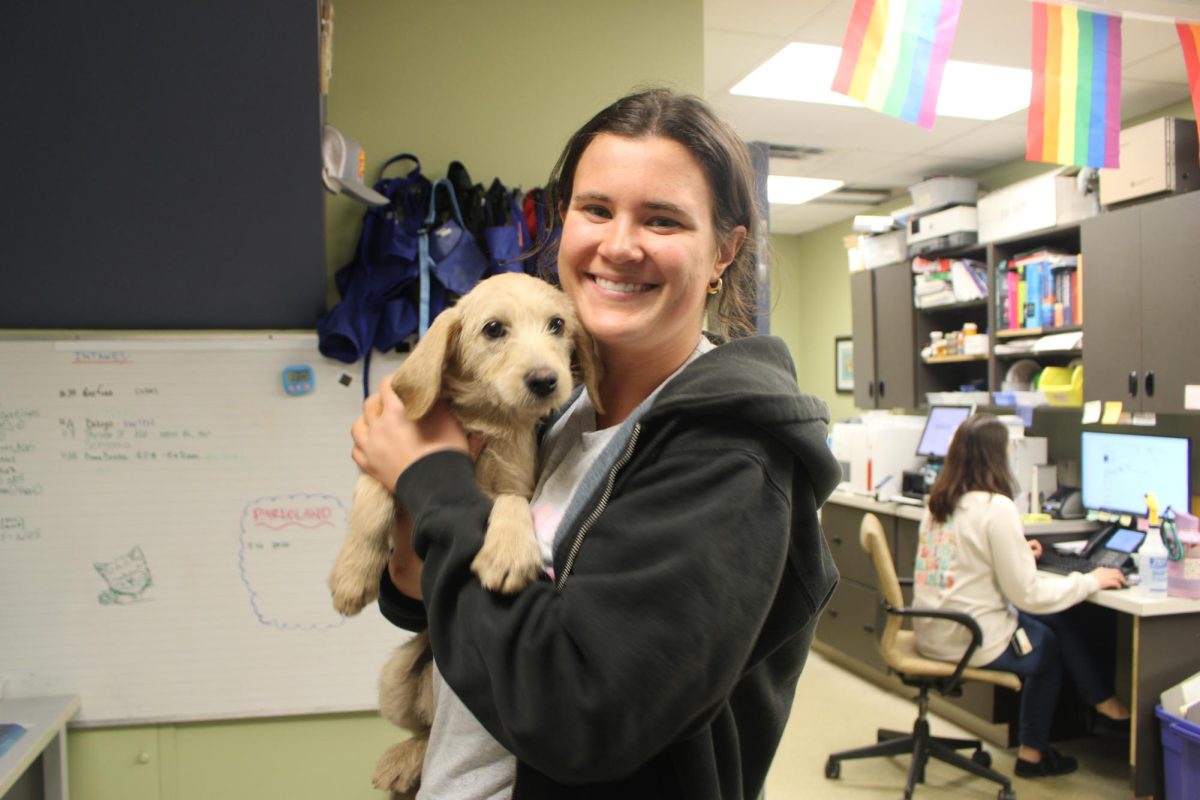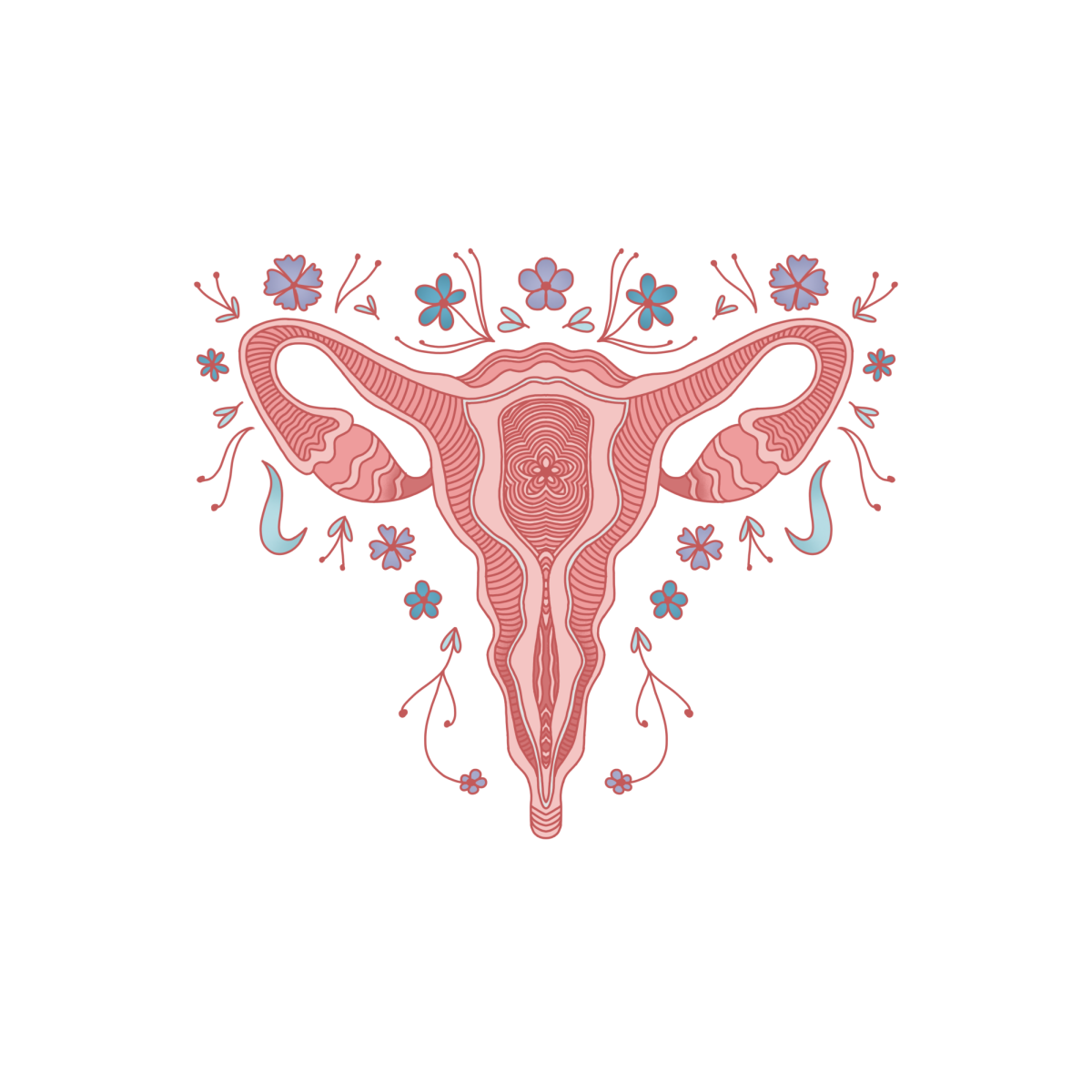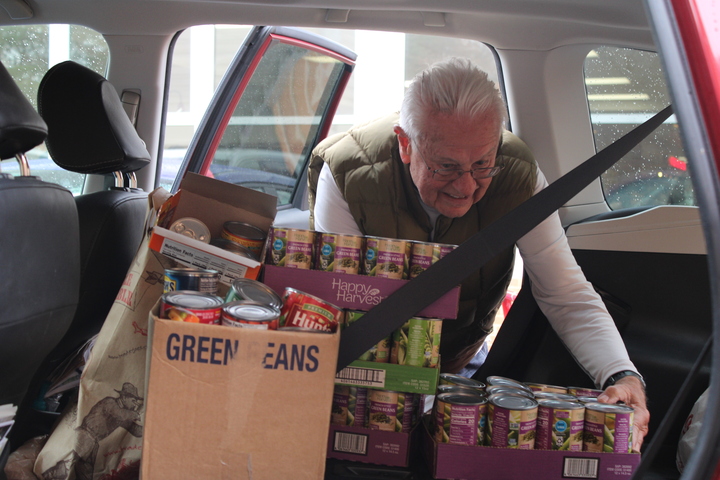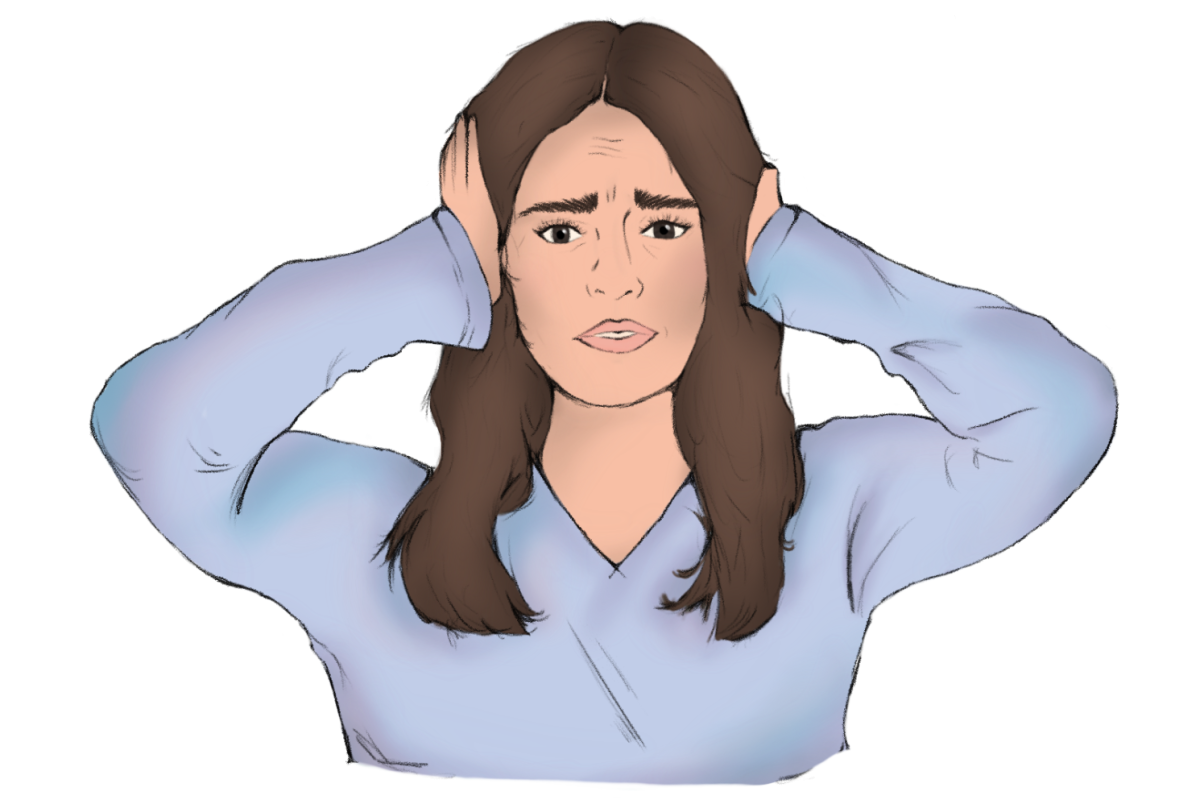His parents said he was a golden athlete and student, a popular teenager with a bright future. But then they were sitting at their kitchen table, the air thick as they tried to grapple with the fact that Chad McCord, their middle son, had taken his own life. This tragedy sparked an idea, one that would grow into a nonprofit organization known as the CHADS Coalition, dedicated to educating students and parents about suicide, depression and anxiety, according to the CHADS website. CHADS was started by Marian and Larry McCord in 2005. According to Marian, it is here to help kids like her son, letting them know there are ways to get better.
“[We] keep repeating [the] Signs of Suicide (SOS) presentation because each student is in a different place the older they get,” Mirian said. “A high school student is in a different place than a middle school student. But just to keep planting the seeds, watering them every year. [Teach them that] it’s okay, it’s not your fault, there’s help, there’s hope and you are wonderful.”
The SOS program is a presentation-based program that teaches both children and parents how to look out for signs and symptoms of suicidal ideation in those around you. According to their website, this is their most extensive program, traveling to schools in the St. Louis area and providing education on a topic that, as Marian stated, needs to be talked about more. The SOS program was created in 2010 after several years of raising money for research. According to Larry McCord, SOS reaches about 300 hundred schools regularly in the St. Louis area, with five to six daily presentations. These presentations are about the same thing: spreading awareness about the need for resources for those in pain. Marian said Chad felt uncomfortable talking about his experiences in school, so she and her family devote the time to make it easier for others to get help, too. The SOS presentations are not the only program, however.
“The Family Support Program is what I am in as well as Camilla,” Jo-Ellen Jackson, Kirkwood’s Family Support Counselor, said. “[That’s] where we go into schools and the office [to work] with clients one-on-one as well as [in] groups if schools need it. [We work] on anxiety, depression or suicidal ideation. And then there’s a SEW program, the Social Emotional Wellness Program, where [workers are student’s] mentors. They work with students one-on-one [and help with] social skills. They’re the ones that come into the schools working [individually] with kids.”
Jackson has worked at CHADS for three years and is currently working with an intern, Camilla Torres. Both praised CHADS for its forgiving environment, helpful staff and kind clients, even pointing out the mental health resources CHADS gives its workers. This kindness and care for workers’ mental health is not only in the office, though. Camilla said they are accommodating to their staff’s needs, even if they are interns, which has dramatically let her enjoy her time at CHADS.
“For me, I would describe CHADS as a place of hope, of light, of protection,” Camilla said. “After losing a child to the tragedy of depression and suicidal behaviors, they aren’t interested in anything but helping children and saving lives. So, CHADS is a place of hope and light.”


